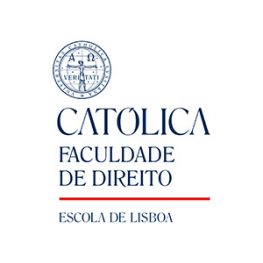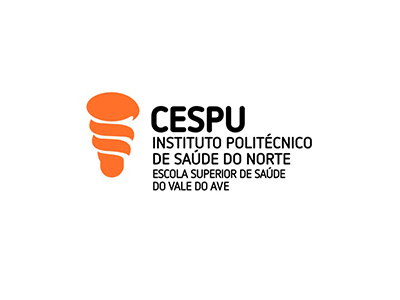Instituições de Ensino:
Endereço
Palma de Cima, 1649-023 Lisboa Ver mapaCategorias
Pós-GraduaçãoDescrição do Programa
This is a programme like no other offered in Europe. It is not simply one more programme focusing on European and International Law, our aim is to teach Law in a European and Global Context and to do so with a top international faculty and employing new methodologies and pedagogical techniques.
Law is changing. Lawyers increasingly need to operate in the context of a plurality of jurisdictions and legal sources. As a consequence, a growing number of legal actors (in courts as outside courts and even in the legislative process) need to operate in multiple jurisdictions and be comfortable working with different legal sources.
At the same time, economic and social integration increases the multinational character of the cases in which lawyers are called in to assist on a daily basis. This has also given rise to an emerging international market for legal services. All this requires a different type of lawyer from the traditional lawyer trained exclusively in a particular domestic legal system. It requires a truly international legal education, where courses are specifically tailored to meet the challenges of this pluralism of legal sources and jurisdictions. This is the purpose of this Master/LL.M. Degree on Law in a European and Global Context.
The programme will adopt the approach to teaching that Joseph Weiler has coined as “Total Law™”. This represents a bold pedagogical and intellectual break with the traditional ways of teaching Law.
Students enrolled in this course will face a huge effort with which most will be unfamiliar: it will demand a sustained level of very high commitment, preparation and engagement. But the rewards will be rich: both in intellectual excitement and professional formation.
The Total Law™ Approach
Law students tend to classify their seminars and courses as falling between two poles: Law Seminars or Seminars about the Law (Sociology of Law, Law and Politics etc.). The Total Law™ approach sets out to debunk this distinction.
We believe that law can only be fully understood and properly and effectively practiced in its context. Our aim is to make students better, much better, lawyers by explaining how the economic and or the political context shape the legal problem and impacts the thinking about the legal solution. We also want to equip the students to understand the economic and political consequences of different legal outcomes.
The discipline is Law. The focus is Law. But the premise is that law cannot be understood, nor practiced professionally and competently without understanding its broader contexts. Students are also expected to contribute to this total approach. Total Law™ requires Pro-active learning.
Most teaching will be interactive, “Socratic” and dialogical. This requires a lot from both Professors and students. This is why Professors were chosen taking into account the need to provide this type of teaching and the students’ engagement is indispensable.
Also, this Master requires full and regular attendance and scrupulous preparation ahead of the class of the reading assignments. We cannot accept spectators and free riders. Students cannot go to Theatre School and then, when asked to recite, claim they suffer from Stage Fright. Students cannot come to the study of law, an eminently communicative discipline, and then sit quietly in the back, passively taking notes. Not, at least, in this programme. As a consequence, this programme will be highly demanding but the rewards will be commensurate.
This LL.M. is a one year full-time programme, running from September to July. The academic calendar is structured into three terms. Students must complete a total of 60 ECTS to meet the LL.M. degree requirements. This will at least include four core seminars (The Law of European Integration I, Legal Research, Legal Writing Clinic and Negotiations Clinic) and four of a list composed by The law of European Integration II, Comparative Private Law, Comparative Public Law, Competition Law, International Trade Law and Global Tax Law.






